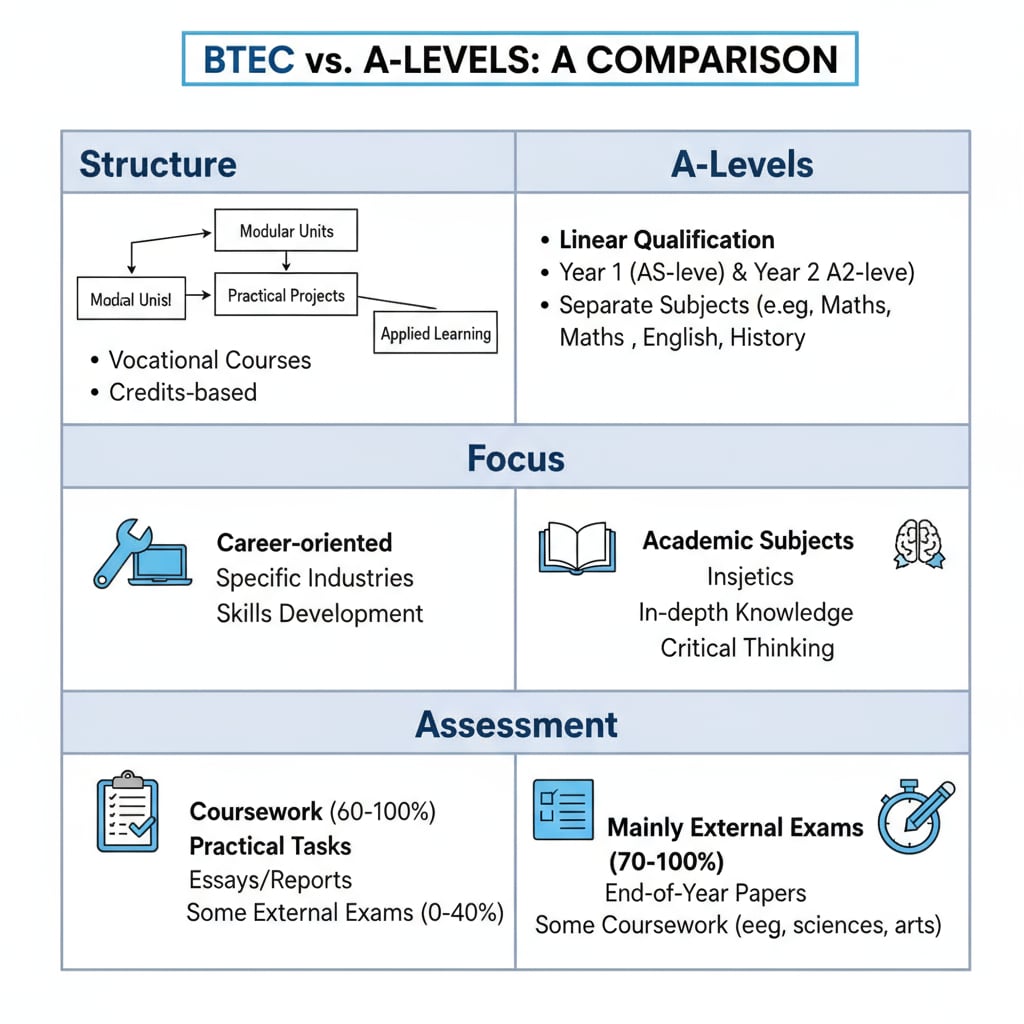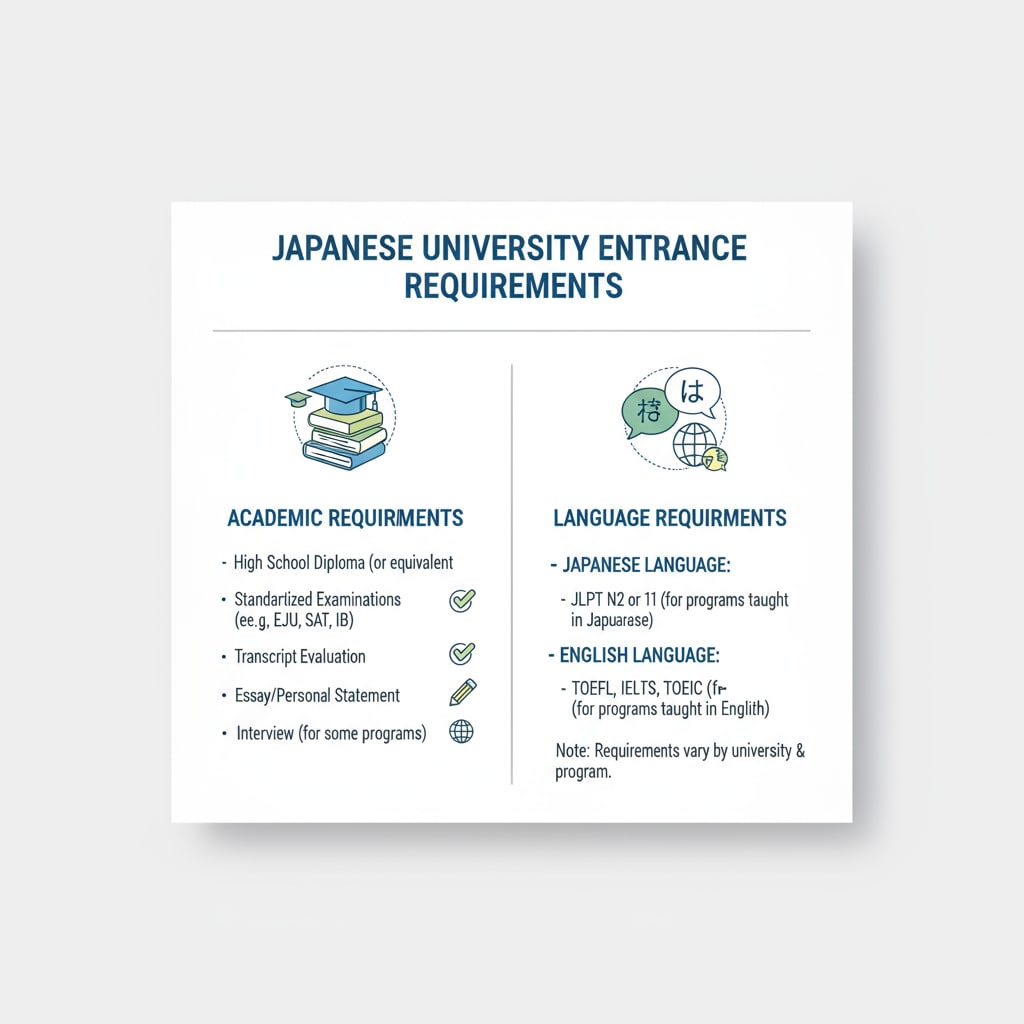Embarking on the journey of studying abroad is an exciting prospect, especially when considering Japan as a destination. For students with UK BTEC courses under their belt, along with an understanding of A-levels, the question of applying to Japanese universities becomes a significant one. Japan offers a rich educational landscape, filled with top-notch institutions and diverse academic programs. However, the path for BTEC holders is not without its complexities.
Understanding the BTEC and A-levels Landscape
The BTEC (Business and Technology Education Council) qualifications are vocational in nature. They focus on practical skills and real-world applications within specific fields such as business, engineering, or creative arts. On the other hand, A-levels are more academic, preparing students for higher education in a broader range of disciplines. According to A-level on Wikipedia, A-levels involve in-depth study of academic subjects over two years. The difference between these two qualification systems can impact a BTEC holder’s application to Japanese universities. For example, Japanese universities may be more accustomed to evaluating A-levels when assessing academic readiness, making it crucial for BTEC students to highlight their strengths.

Challenges Faced by BTEC Holders in Japanese University Applications
One of the main challenges is the lack of direct equivalence between BTEC and the entry requirements of Japanese universities. Since BTEC is vocational, some universities may question the academic depth required for their programs. Additionally, language proficiency can be a hurdle. Even though many Japanese universities offer some courses in English, most programs are in Japanese. As a result, BTEC holders need to demonstrate a good command of the Japanese language, which might be an added challenge on top of the academic requirements. However, with the right strategies, these obstacles can be overcome.

To improve their chances of acceptance, BTEC holders can take several steps. Firstly, they can consider taking additional academic courses or exams to prove their academic capabilities. This could include standardized tests recognized by Japanese universities. Secondly, building a strong personal statement that showcases their passion for the chosen field, along with their practical skills gained through BTEC, can make a significant difference. In addition, obtaining strong letters of recommendation from teachers or mentors who can attest to their academic and personal qualities is essential. By following these strategies, BTEC holders can enhance their applications and increase their likelihood of being admitted to Japanese universities. Education on Britannica provides valuable insights into the global education landscape which can further assist in this process.
Readability guidance: As seen above, we’ve used short paragraphs to convey information clearly. The lists help summarize key points. The passive语态 has been kept to a minimum, and transition words like ‘however’, ‘additionally’, and ‘as a result’ have been used to enhance the flow of the article.


